What is fucoxanthin?
Fucoxanthin is a golden member of the colorful group of carotenoids, which are natural pigments who share similar chemical structure. Fucoxanthin is the most abundant carotenoid on earth, about 10% of all, but it is unique to Algae, both seaweeds and microalgae. Despite its abundance, we hardly consume any fucoxanthin in our diet. So, unless we are fans of Japanese cuisine, we are not benefitting from the plethora of health benefits that fucoxanthin provides.
How is fucoxanthin good for health?
The most important and unique health benefit of fucoxanthin is its activity against metabolic syndrome (MetS), which is considered a global epidemic affecting 25% of the world’s population. MetS is a cluster of conditions including central obesity, diabetes, and insulin resistance, which is linked to reduced productivity, increased healthcare costs, and the onset of severe diseases.
Fucoxanthin was shown to work in the mitochondria of central fat layers to increase the burning of fats. Moreover, fucoxanthin improves the hormonal balance of fat tissue to increase its breakdown for energy and to ameliorate insulin resistance. Clinical studies have shown that the outcome of these processes is reduced waist size and normalized blood sugar levels.
Fucoxanthin also has neuroprotective effects, meaning that it potentially prevents neurodegenerative diseases such as Alzheimer’s disease and other forms of memory loss and dementia. In addition, it protects brain cells from damage after head trauma or stroke.
Read More


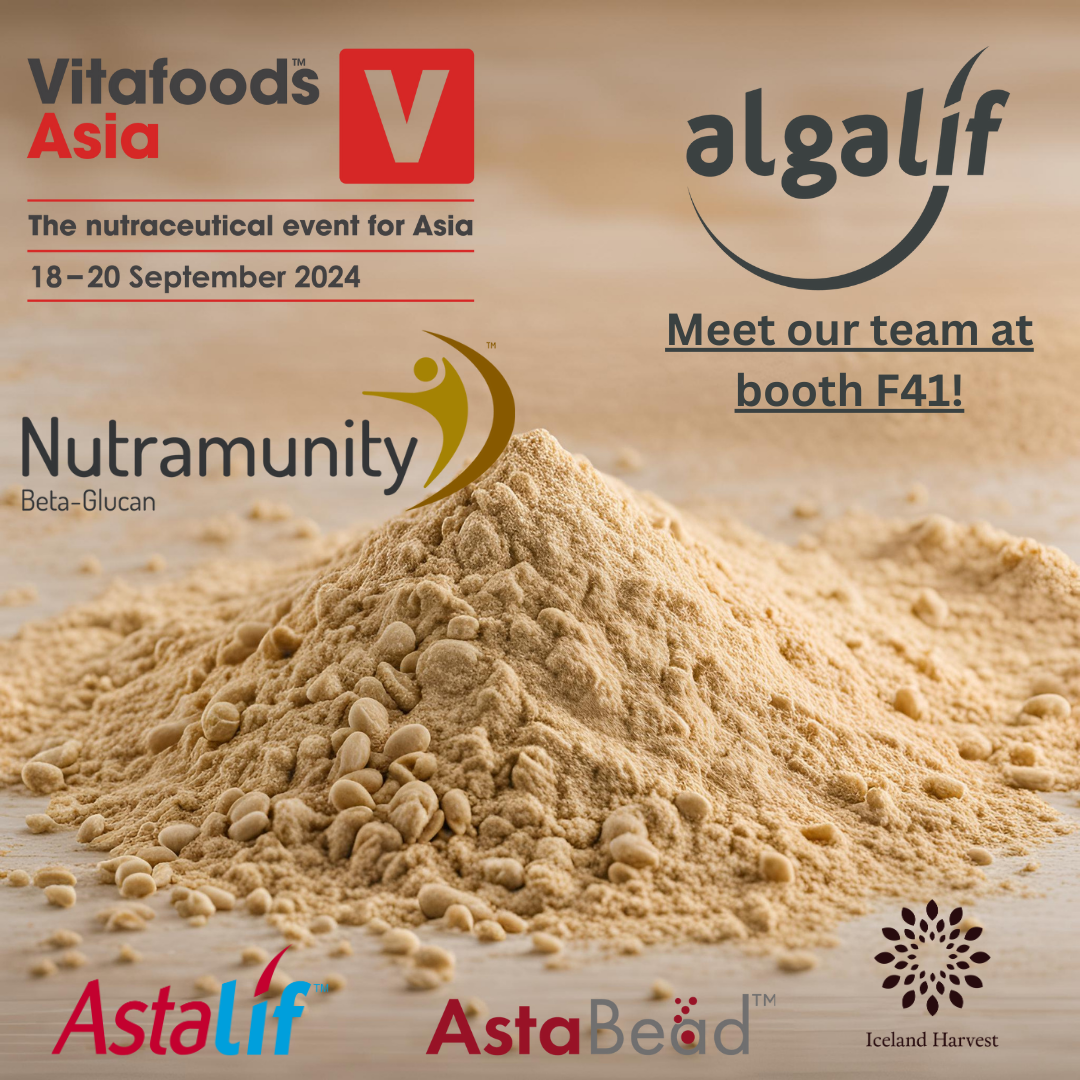
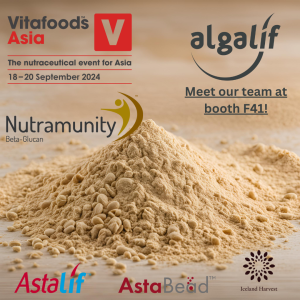

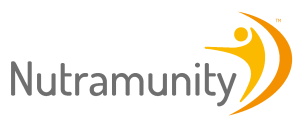



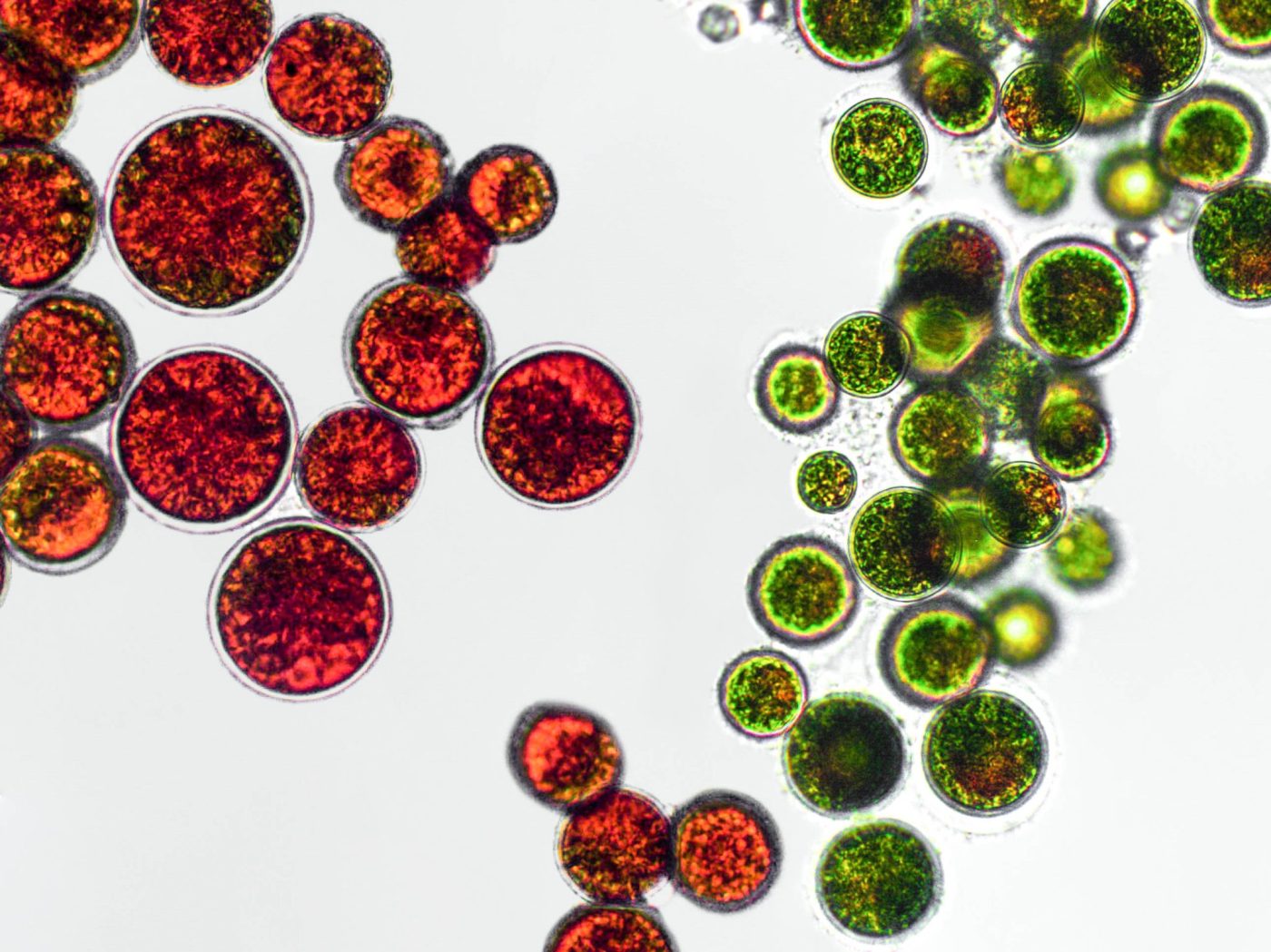
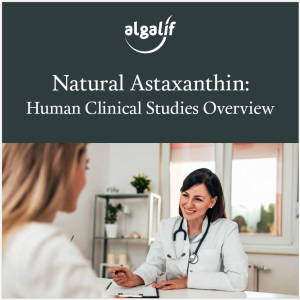

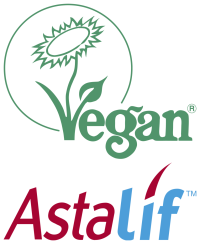




Recent Comments